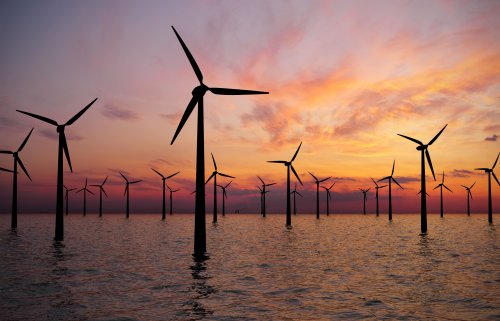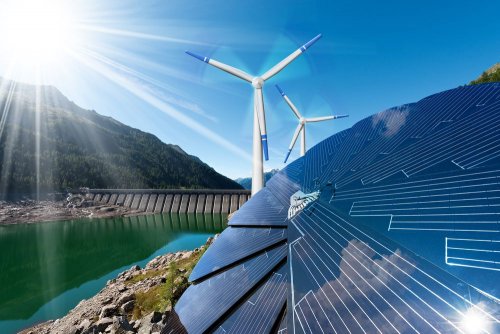Robert McNally, a former energy adviser to former US President George W. Bush and president of Rapidan Energy, a research and analysis company, has accused the International Energy Agency of politicizing their reports and distorting them to meet governments' low carbon emissions goals.
According to McNally, forecasts of peak demand for fossil fuels pose significant risks to the global energy system due to underinvestment in oil and gas, which threatens energy security, Bloomberg reports.
It is noted that the IEA's annual reports influence government policy and decisions on energy investments.
"The IEA has deviated from its mission as an energy security watchdog," McNally said. "Its long-term energy forecasts can no longer be trusted."
However, energy experts came to the defense of the IEA.
"It would be much worse for energy security, which is at the heart of the IEA's mission, to ignore the risks of climate change or not get the data we need to understand what is really needed to address climate challenges," said director and founder of Columbia University's Center for Global Energy Policy Jason Bordoff.
The material said that McNally's statement was particularly related to the fact that, starting in 2020, the IEA replaced the "current policy scenario" (CPS) model. With the CPS, the IEA took into account the policies that existed at a certain date and then projected them into the future. This model has been replaced by a “stated policy scenario” (STEPS) for forecasts based on recent policy decisions.
Bloomberg explained that during the year, the IEA collects energy statistics and policy statements from around the world to prepare the report. In addition to STEPS, the Agency is also developing:
- the announced pledges scenario (APS), which assumes that all national energy and climate targets are met in full and on time;
- the 2050 Net Zero Emission (NZE) scenario, which assumes that the world will manage to limit global warming to 1.5℃.
The IEA explained that the CPS gave unlikely results. For example, the model took into account benefits and other incentives for green generation facilities in the future only from existing programs. However, after their completion, countries launch new projects that were ignored by the system.
Earlier, EcoPolitic wrote, that the head of the International Energy Agency, Fatih Birol, said that the world is at the beginning of the end of the era of fossil fuels.
As EcoPolitic previously reported, according to forecasts of the International Energy Agency, record production of electricity from low-emission sources, in particular nuclear and renewable, should cover all growth in global demand for electricity until 2026.





